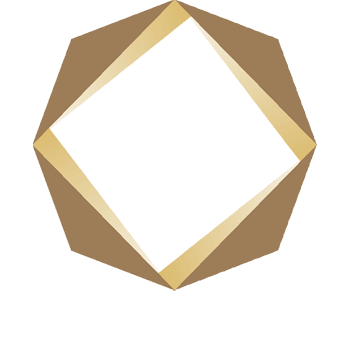Silicon carbide is made from quartz sand and petroleum coke. Black silicon carbide price has been on the rise since 2018, climbing to over RMB6,000 per ton in January 2019 because of stricter oversight on environment protection and robust upstream and downstream demand. Green silicon carbide price otherwise went down compared with previous years with the slump in demand.
China is the largest producer and exporter of silicon carbide in the world. As the demand from downstream sectors like metallurgy and refractories picked up in 2020, China’s silicon carbide output soared by 38.5% to more than 1 million tons in the previous year. By-product, black silicon carbide, and green silicon carbide polarize: the former’s output had a 53.9% jump while that of the latter slumped by 65.2%. Steep fall in green silicon carbide production (often used for cutting solar wafers) is mainly because diamond wire saws massively replace it over the past two years. The environmental inspection becomes increasingly stringent, causing some companies to reduce production or even stop production. It is predicted that the Chinese silicon carbide market will sustain growth in 2021 but likely at a slower rate due to stricter environmental protection requirements.
As technological progress is made, silicon carbide, a new-generation wide bandgap semiconductor, has been commercialized and aroused a tide of research and development and production globally. Semiconductor vendors like Cree, Infineon, and Rohm have launched more advanced SiC-based semiconductor devices and modules since 2016, broadening SiC semiconductors’ application.
China follows behind closely and has been one of very few players engaged in silicon carbide substrates and epitaxial materials. The country is marching towards a leading global role in semiconductor device design and manufacturing technologies. It as yet has built a relatively complete silicon carbide industry chain system.
In the future, silicon carbide semiconductors will find their way into the power supply and photovoltaic industries, especially new energy vehicle fields where they will be used more and promoted. The global silicon carbide power device market is estimated to be worth $1.4 billion in 2023, nearly four times larger than that in 2017.
